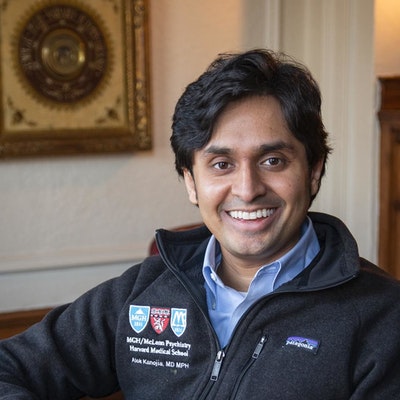Alok Konojia – “Dr. K” to his 370,000 Twitch fans – is a Harvard-trained psychiatrist who’s reaching gamers on the livestreaming platform Twitch to talk about mental health issues and lessen the stigma attached to them.
His livestream, Healthy Gamer GG, discusses online harassment, depression, suicide, video game addiction and other mental health issues with both followers and other Twitch livestreamers. Konojia also broadcasts on YouTube.
Why concentrate on gamers? A Pew Research Center study found that a more than a third of men ages 18-29 said “gamer” described them well. Young adults are particularly likely to play video games, as well as to identify as “gamers.” Two-thirds (67 percent) of those ages 18 to 29 say they play video games.
Reaching those adolescent and young adult men on mental health issues is crucial. Men’s Health Network sponsored “Behavioral Health Aspects of Depression and Anxiety in the American Male,” a November 2019 conference. Among the conference’s findings: boys and men will withdraw and become more isolated and less communicative in the face of behavioral and mental health issues. In addition, they will begin to change their behavior, turning to excessive drinking, sexual excesses, gambling or spending hours on their computers. The conference was funded in part by the Patient Centered Outcomes Research Institute (PCORI).
Based in Houston, Texas, Konojia and his wife, Kruti, founded Healthy Gamer last fall, with the aim to pay and train a network of coaches who can offer non-medical advice on a variety of issues, including video game addiction and motivation. The training includes two weeks of hands-on learning with Kanojia, followed by up to ten weeks with other senior coaches. The company has eight coaches on board now, with 22 more due to complete training in September.
Working with peers can help people improve their mental health care, a study conducted in southern California showed. Funded by PCORI), the study showed that peer-to-peer interventions was effective, with patients making additional improvements in self-management behaviors.




